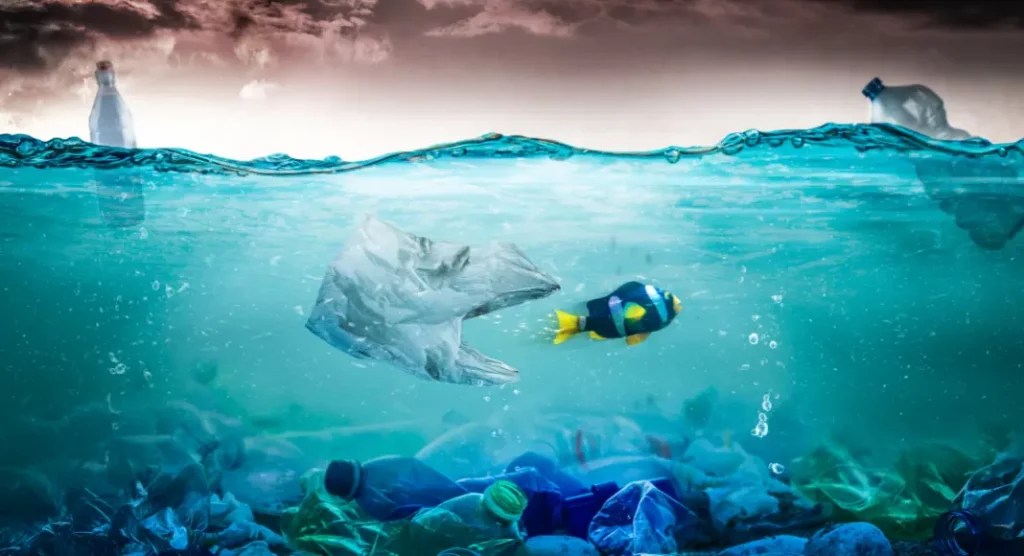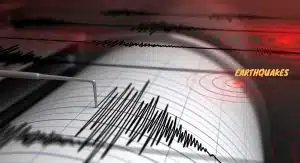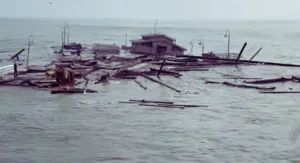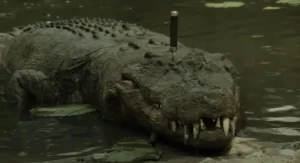How Human Pollution Endangers Marine Life
By Imran Ali
October 6, 2022
Update on : September 8, 2023

There are hundreds of plant and animal species in the ocean who play a vital role in maintaining the ecological balance and keeping the planet safe. Marine life or sea life refers to the plants, animals, and other organisms that live in the salt water of the seas.
These animals host 80 percent of the planet’s biodiversity and are the main ecosystem in the world. Marine life plays a vital role as it helps produce oxygen and sequester carbon. Moreover, some marine organisms like coral reefs and others help create new land. The fish, plants, and other marine animals maintain the overall health of the oceanic ecosystem.
However, the matter of concern is that ocean life is seriously hampered by pollution and global warming. Our life on earth would be severely difficult to sustain without healthy oceans. The natural state of the sea is at high risk of pollution and toxicity due to the pollution caused by human beings. Let’s have a look at
How human beings are polluting marine life.
- Plastic pollution:
Every year, some 13 million metric tons of plastic are thrown into the oceans, endangering numerous fish, seabirds, sea turtles, and marine mammals. A United Nations (UN) study shows that at least 800 species all over the world are in danger due to marine debris. Plastic is hardly decomposed, which may result in a serious biodiversity threat on the Earth. It is often seen that sea turtles, seabirds, mammals, and fish ingest plastic components or get entangled in them. Sea animals often eat plastic, mistakenly believing it to be food.
As a result, they feel full but actually starve and die slowly. Experts fear that if any serious measure is not taken forthwith, the amount of plastic in the ocean will be more than the weight of all the sea fish within 30 years.
Dumping chemicals, pesticides into seas:
Draining harmful chemicals into the seas and excessive use of pesticides are major man-made reasons for ocean pollution. The chemicals are poisonous to sea animals. Excessive use of chemicals, pesticides, fertilizers, herbicides, etc. is destroying the natural habitat of marine life. The water is being polluted and the sea animals are at risk of extinction. Limiting the use of such chemicals is a must to save marine life as well as the Earth.
- Global warming:
The ocean has long taken the brunt of the impacts of human-made global warming, says the United Nations (UN) Climate Change. Over the last 50 years, the oceans have absorbed more than 90 percent of the global warming caused by humans. Climate change and the rising temperature are causing serious effects on marine life. Fish and coral reefs are mostly affected due to global warming.
Changes in water temperatures affect the animals in the ocean. It is also bad news for humans, as millions of people rely on fish as their main source of protein. Climate change is affecting the natural form of seawater. Rising temperatures increase the risk of irreversible loss of marine and coastal ecosystems.
- Oil dumping:
Waterways are very popular among the people of the world. Moreover, large containers of goods, food, and others are transported by ships from one place to another. Vessels continue polluting the world’s oceans by dumping oil. Oil spills affect animals and plants in the oceans. Although it is prohibited to dump oil or waste into the oceans, oily wastewater is routinely illegally dumped into the ocean by tankers and engine-run boats.
According to experts, oil pollution is more dangerous than plastics as it has an immediate and direct toxic effect on seawater. Ships and engine-run boats pollute the seawater by emitting gases and carbon dioxide.
Use beach safely:
Throwing plastic bottles, bags, glasses, chemicals, rubbish, and others can be very harmful to the seabirds, animals, and fish in the sea. People throng beaches and make them dirty randomly. Leaving the dirty things behind makes the seas dirty, causing a hazardous impact to marine life.
People must use the beach safely to save biodiversity. Pollutants in the ocean not only hamper aquatic life but also affect human life. We can’t survive without safe marine life, as the Earth cannot exist without the ocean.
Overfishing:
Although fishing is necessary as many of us get fish as one of the main regular foods in our daily life, overfishing can affect many species. We should not do fishing exhaustively in a particular area for a long time. Using nets in a vast area traps fish and other animals for a long time, causing hazardous results for the marine life.
When fishermen go fishing, they don’t bother netting other animals besides fish. It may cause serious problems for many species in the ocean. People should be very careful about their activities.
We can help build a healthy marine life no matter where we live. The majority of the oxygen we get comes from the ocean. Saving marine life is quite similar to saving the Earth. We must be very careful about the matter.
Read more: How Human Pollution Endangers Marine Life















